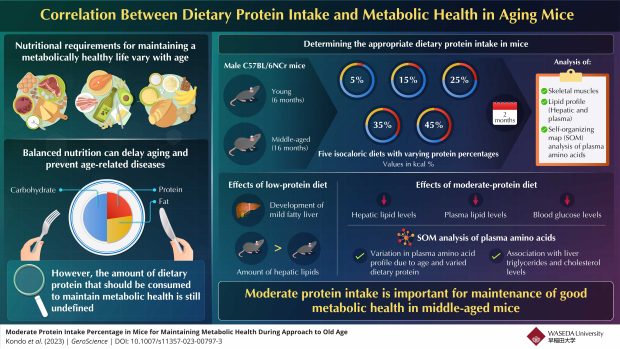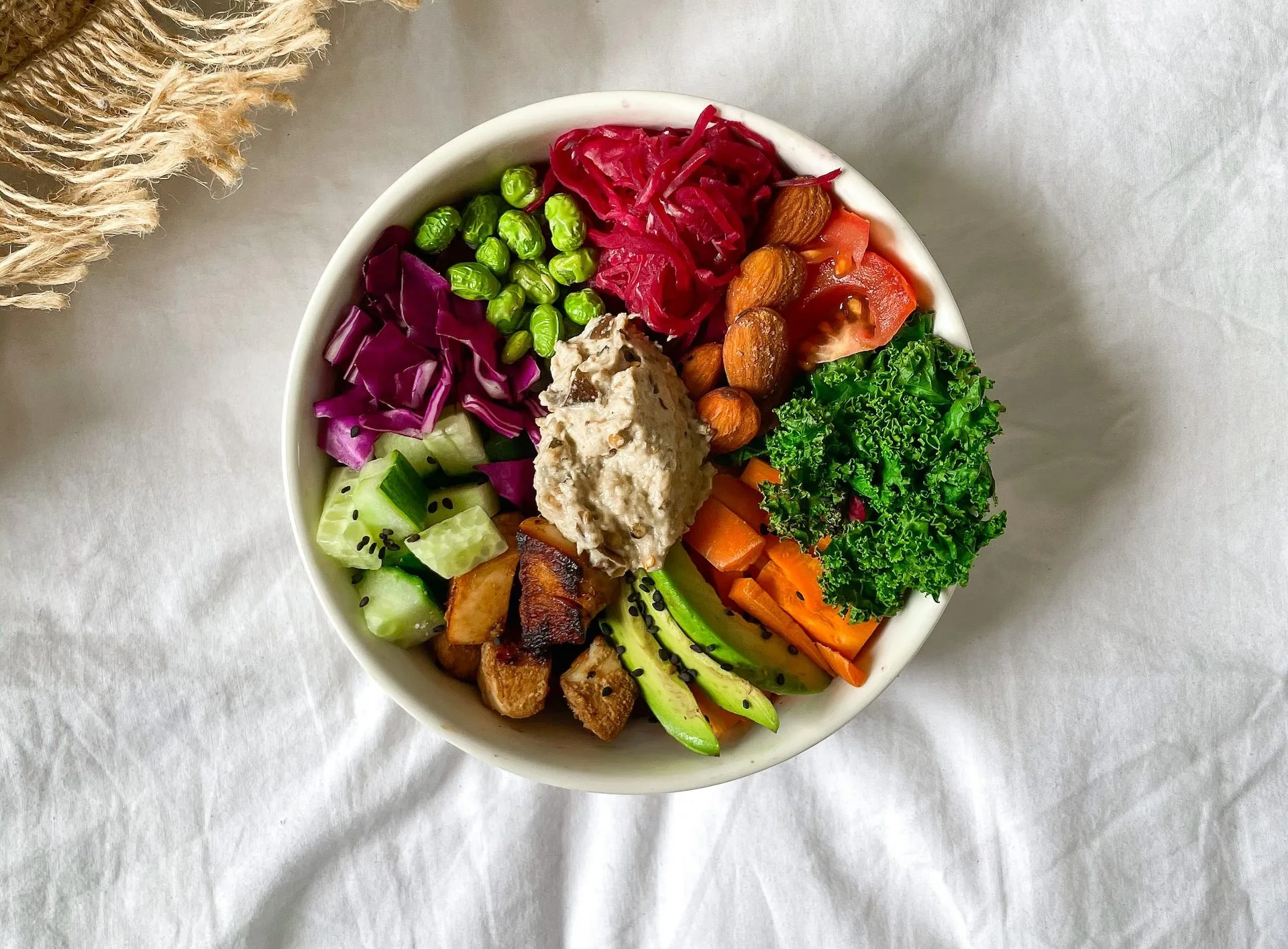You are what you eat. If you’re concerned about your health span, then you’ll definitely what to consume foods that can improve it and boost your longevity. Different dietary interventions have proven to encourage optimal health, but how much is enough to keep you healthy? Well, according to a recent Japanese study, a dash of protein in your diet is enough to keep the doctor away.
A dose of protein for longevity
Our nutritional requirements vary from person to person, especially as we age, and Japanese researchers set out to determine how much protein is required to maintain metabolic health as we approach old age.
Per Healthline, metabolic health refers to having ideal levels of blood sugar, triglycerides, high-density lipoprotein (HDL) cholesterol, blood pressure, and waist circumference, without using medications. Any disruption to these factors can increase the risk of chronic conditions like diabetes, heart disease, and cancer – which can threaten health spans and longevity. As such, maintaining metabolic health can promote both health span and longevity.
Led by Assistant Professor Yoshitaka Kondo, researchers recruited young (6 months old) and middle-aged (16 months old) male mice. The mice were each fed diets with similar caloric values but varying in protein content (5 to 45 %) for two months. After two months, the researchers assessed the effects of the varying protein by looking at the mice’s skeletal muscle weight, liver and plasma lipid profiles, and self‑organizing map (SOM) cluster analysis of plasma amino acid profiles.
Per the findings, published in GeroScience, mice who were fed moderate-protein diets (25% and 35%) were metabolically healthier.
“Protein requirements change through the course of life, being higher in younger reproductive mice, reducing through middle age, and rising again in older mice as protein efficiency declines,” says Kondo,

“…Therefore, it could be assumed that increasing daily protein intake in meals could promote metabolic health of people. Moreover, ideal dietary macronutrient balance at each life stage could also extend health span.”
How does protein benefit the body?
Previous research has proven that protein can be good for the body in the following ways:
- Improve appetite regulation – This can be great for individuals trying to manage their weight or lose belly fat
- Increase muscle mass and strength – Sarcopenia is the term used to describe the age-related loss of muscle mass, strength, and function. It can affect quality of life as it affects one’s ability to perform simple daily tasks but improving protein intake can help prevent this.
- Improved bone health
- Boosts metabolism
- Lowers blood sugar
- Helps with body repair and recovery
Following a balanced diet that includes moderate amounts of protein could be the key to a long and healthy life. Here are some tasty and healthy recipes for you to try out:
- Power Protein Pumpkin Pancakes For One
- Quinoa Salad With Roasted Veg & Spinach
- Mango Teriyaki Salmon With Brown Rice
Want to know more?
Protein powders can be used by those struggling to meet their protein needs through food sources, due to an illness or dietary lifestyle like veganism. If you’re curious about these supplements, here’s a complete guide to protein powders. Also, know more about other things to mix with protein powder depending on your nutrition goals.
References
Kondo, Y., Aoki, H., Masuda, M. et al. (2023). Moderate protein intake percentage in mice for maintaining metabolic health during approach to old age. GeroScience. https://doi.org/10.1007/s11357-023-00797-3



![women [longevity live]](https://longevitylive.com/wp-content/uploads/2020/01/photo-of-women-walking-down-the-street-1116984-100x100.jpg)










